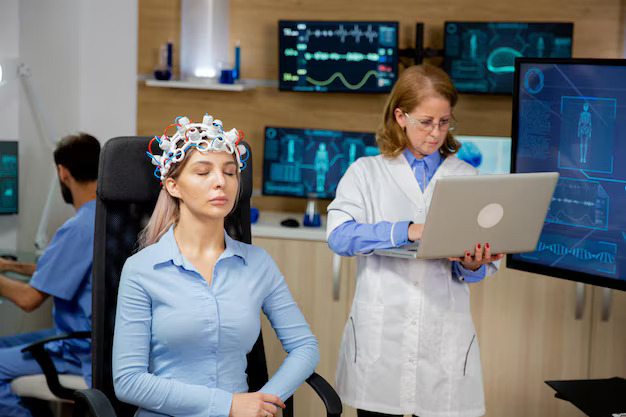Can LLM-Powered Conversational AI Provide Safe and Effective Mental Health Support?
LLM chatbots show promise in mental health support, but safety needs human oversight.


The intersection of artificial intelligence and mental healthcare has created one of the most promising yet contentious developments in digital health. As millions struggle with mental health challenges worldwide—with 76% of workers reporting mental health symptoms in 2022—Mental Health Chatbots powered by modern Large Language Models (LLMs) and natural language processing (NLP) have emerged as potential solutions to address the growing service gap. But can these AI-driven systems truly provide the nuanced, empathetic support that mental health requires?
Conversational AI for Remote Patient Monitoring in Chronic Care. Read more here!

The Technical Foundation
Natural language processing (NLP)—now largely advanced through the power of Large Language Models (LLMs) like GPT-4 and BERT—serves as the cornerstone technology enabling Mental Health Chatbots to understand and respond to human emotional expressions. Unlike simple rule-based systems, modern NLP/LLM applications can:
- Process contextual emotional cues through sentiment analysis with up to 85% accuracy
- Maintain conversational coherence across multiple interaction sessions
- Recognize crisis indicators through pattern matching and keyword detection
- Generate contextually appropriate responses using advanced language models
Research demonstrates that LLM-powered conversational AI chatbot systems employing deep learning achieve 93% accuracy in generating contextually appropriate responses, significantly outperforming traditional rule-based alternatives.
Study Suggests Physician's Medical Decisions Benefit from Chatbot Integration. Read more here!
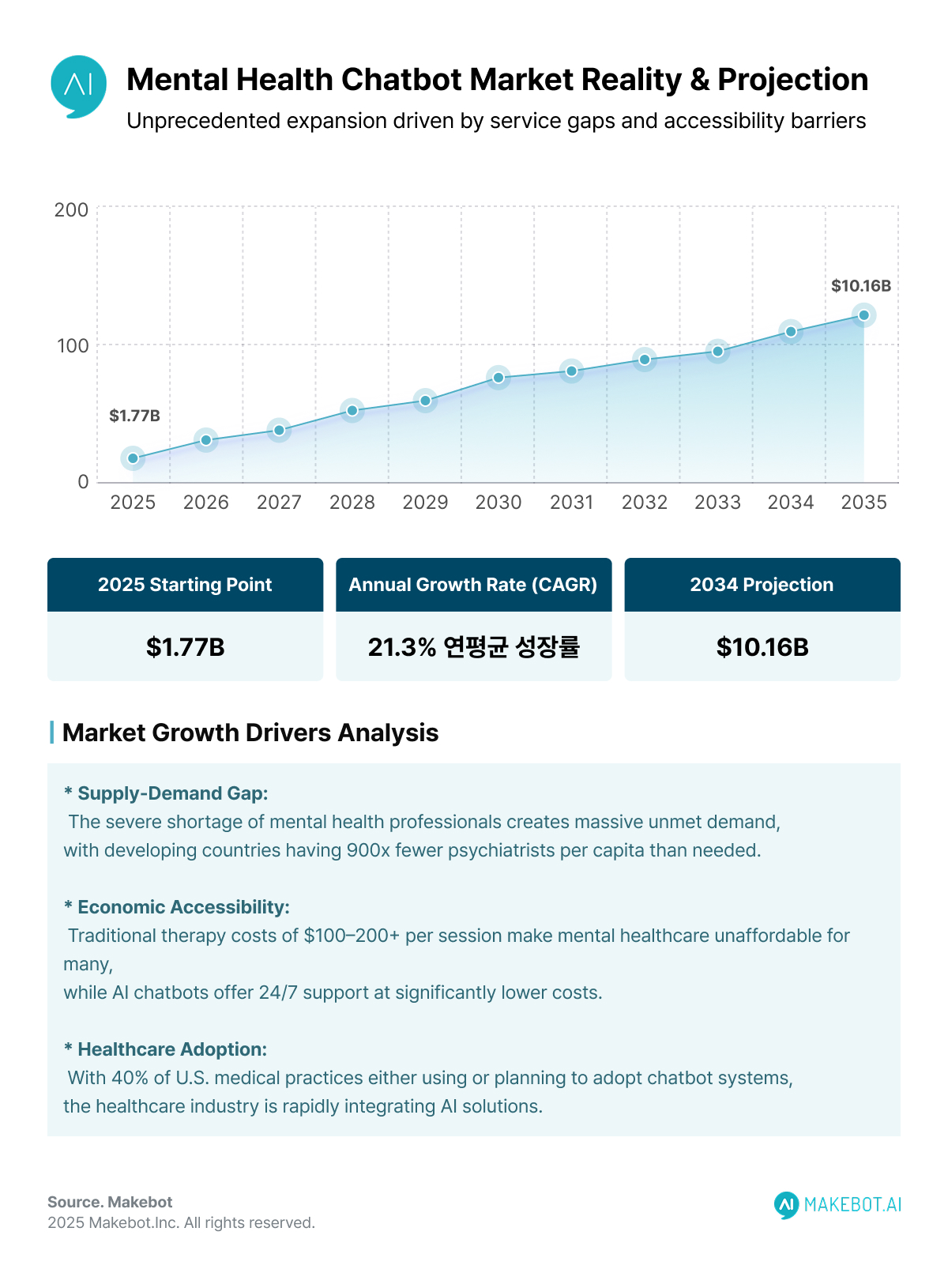
Market Reality
The mental health app market is experiencing unprecedented expansion. Current projections show the global chatbots for mental health and therapy market will surge from $1.77 billion in 2025 to $10.16 billion by 2034, representing a robust 21.3% CAGR. This growth reflects several converging factors:
Service Gap Crisis
The mental health professional shortage is severe—developed countries maintain approximately 9 psychiatrists per 100,000 people, while developing nations have as few as 1 psychiatrist per 1,000,000 people.
Accessibility Barriers
Traditional therapy faces significant obstacles including cost (sessions ranging $100-200+), limited availability, and stigma concerns affecting 31% of individuals who fear judgment when seeking help.
Digital Health Integration
With 19% of U.S. medical practices already implementing chatbot systems and another 21% planning adoption, the healthcare industry is actively embracing AI-powered solutions.
Clinical Evidence
Recent systematic reviews provide compelling evidence for Mental Health Chatbots' therapeutic potential:
Depression and Anxiety Management
A comprehensive meta-analysis of 4 randomized controlled trials demonstrated that AI therapist chatbots achieved statistically significant improvements in depression scores. Specific platforms showed remarkable results:
- Woebot: Users experienced significant reduction in depressive symptoms within two weeks by an average of 21.2%.
- Wysa: Demonstrated effectiveness across depression, anxiety, stress, and loneliness using CBT, mindfulness, and positive psychology approaches by a 40% reduction depending on the severity.
User Engagement Metrics
Real-world deployment data reveals impressive engagement rates:
- 90% patient utilization rates for well-designed healthcare chatbots
- 97% appointment adherence through automated reminder systems
- 94% medication compliance success rate (demonstrated by Sensely's virtual nurse "Molly")
Crisis Intervention Capabilities
Advanced Mental Health Chatbots employ sophisticated risk assessment algorithms that can:
- Detect suicidal ideation through linguistic pattern analysis
- Escalate crisis situations to human professionals automatically
- Provide immediate resource connections including crisis hotlines and emergency services
What Makes AI Chatbots a Game-Changer in Mental Healthcare? Read more here!
Hybrid Models
The most promising developments in Mental Health Chatbots involve integrated care models that combine AI efficiency with human expertise:
Tiered Support Systems
Successful implementations utilize conversational ai chatbot technology for:
- Initial screening – handled by LLM-powered conversational AI chatbots
- Routine monitoring – AI-assisted
- Complex cases – escalated to human professionals
- Crisis intervention – immediate human involvement
This hybrid model ensures that LLMs provide scalable, empathetic support, while licensed clinicians oversee complex or high-risk situations.
Clinical Integration Examples
Leading healthcare systems demonstrate effective AI-human collaboration:
- Crisis Text Line: Uses AI for initial triage, connecting millions of conversations with human counselors when needed
- Talkspace integration: Combines AI therapist support with licensed professional oversight
- Workplace wellness programs: Corporate implementations showing 40% workflow efficiency improvements
Future of Chatbots in Healthcare: Innovations and Patient Care Transformation. Read more here!
Evidence-Based Recommendations for Safe Implementation
Based on comprehensive research analysis, safe Mental Health Chatbots deployment requires:
Technical Safeguards
- Multi-modal risk assessment: Combining text analysis with behavioral pattern recognition
- Transparent limitation disclosure: Clear communication about AI capabilities and boundaries
- Regular algorithm auditing: Continuous bias testing and validation against diverse datasets
- Human oversight protocols: Mandatory professional review for high-risk interactions
Clinical Guidelines
- Evidence-based therapeutic frameworks: Integration of validated approaches like CBT, DBT, and mindfulness techniques
- Professional collaboration: Licensed therapist involvement in system design and monitoring
- Continuous outcome measurement: Regular assessment using validated scales (PHQ-9, GAD-7, etc.)
- Cultural competency training: Ensuring AI responses are appropriate across diverse populations
Regulatory Compliance
- FDA-approved frameworks for therapeutic digital interventions
- Professional liability coverage for AI-assisted mental health services
- Ethical AI guidelines following established mental health best practices
- Data governance frameworks ensuring long-term patient privacy protection
The Verdict
Current evidence suggests Mental Health Chatbots powered by NLP and LLMs can provide valuable support within defined boundaries.
- 24/7 accessibility for immediate support needs
- Stigma reduction through anonymous, judgment-free interactions
- Early intervention through consistent monitoring and screening
- Resource scaling to address the mental health professional shortage
However, they cannot replace human therapeutic relationships for:
- Complex trauma processing requiring nuanced emotional intelligence
- Severe mental health conditions needing professional diagnosis and medication management
- Crisis situations requiring immediate human intervention and safety planning
- Long-term therapeutic alliances built on trust and human connection
The future lies in LLM-augmented conversational AI chatbots that extend human therapist capacity while prioritizing safety, empathy, and clinical effectiveness.
As this field continues evolving, success will depend on maintaining rigorous clinical standards, transparent communication about limitations, and unwavering commitment to the fundamental principle that technology should serve human healing—never the reverse.
Harness Conversational AI for Mental Health with Makebot
As the evidence shows, Mental Health Chatbots can bridge critical care gaps—but only when built with safety, empathy, and clinical rigor in mind.
At Makebot, we specialize in LLM and NLP-powered, Retrieval-Augmented Chatbots designed for healthcare and wellness, ensuring secure, accurate, and supportive patient interactions at scale. From screening and triage to remote monitoring and crisis escalation, our solutions empower providers to deliver care that’s both accessible and human-centered.
📩 Email us: b2b@makebot.ai
🌐 Learn more: www.makebot.ai

Studies Reveal Generative AI Enhances Physician-Patient Communication





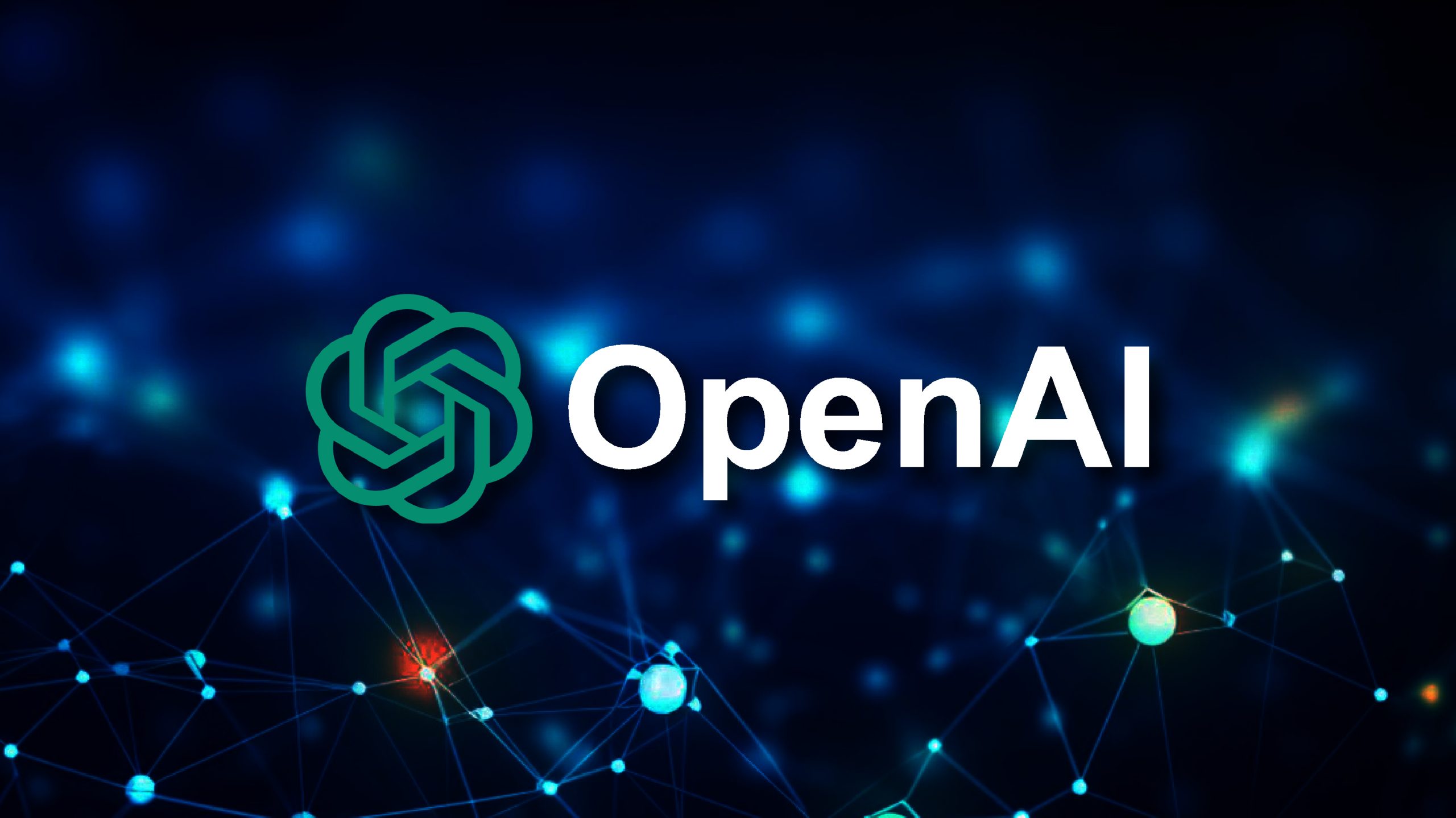



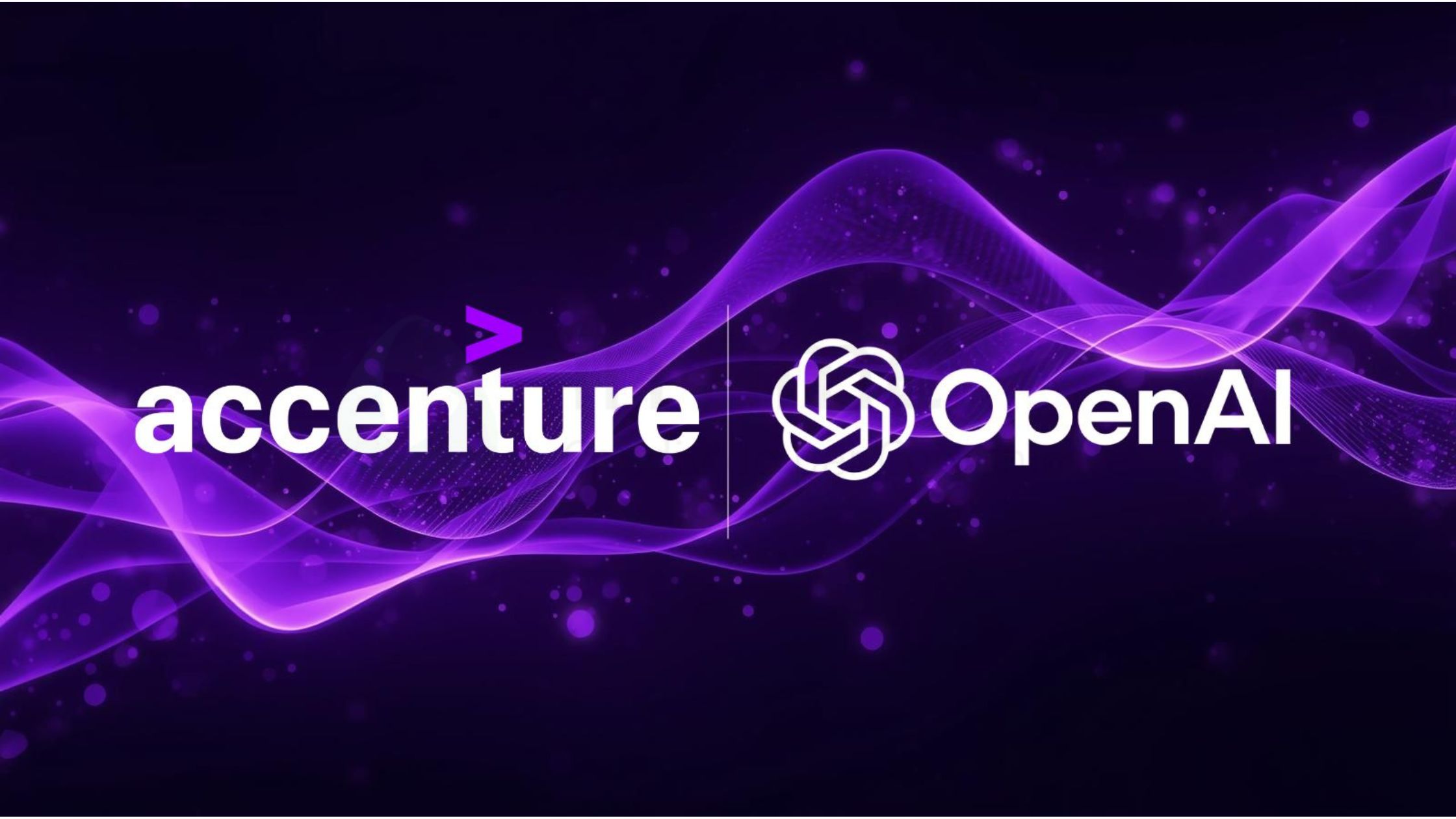
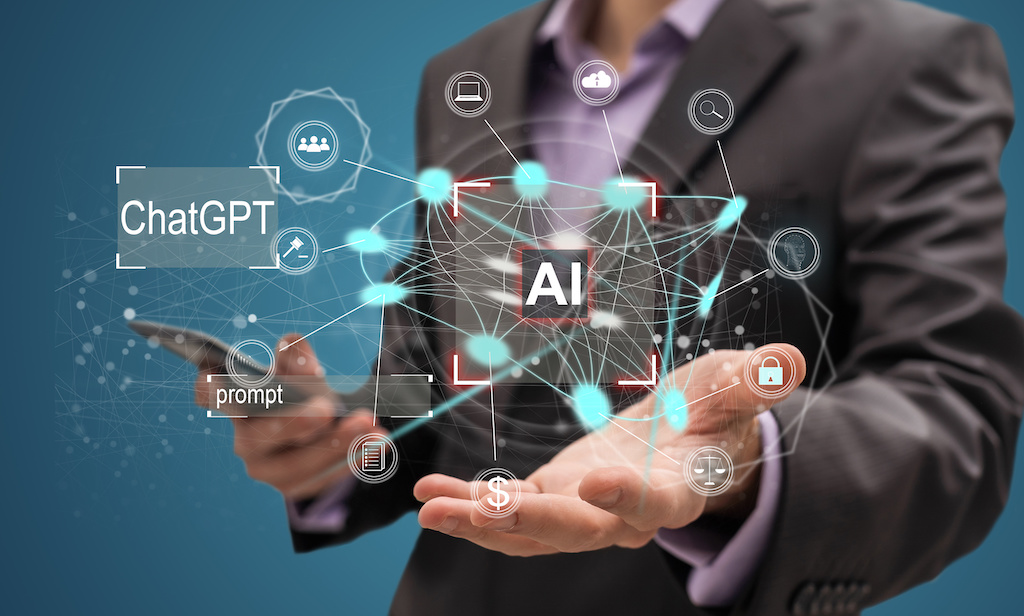









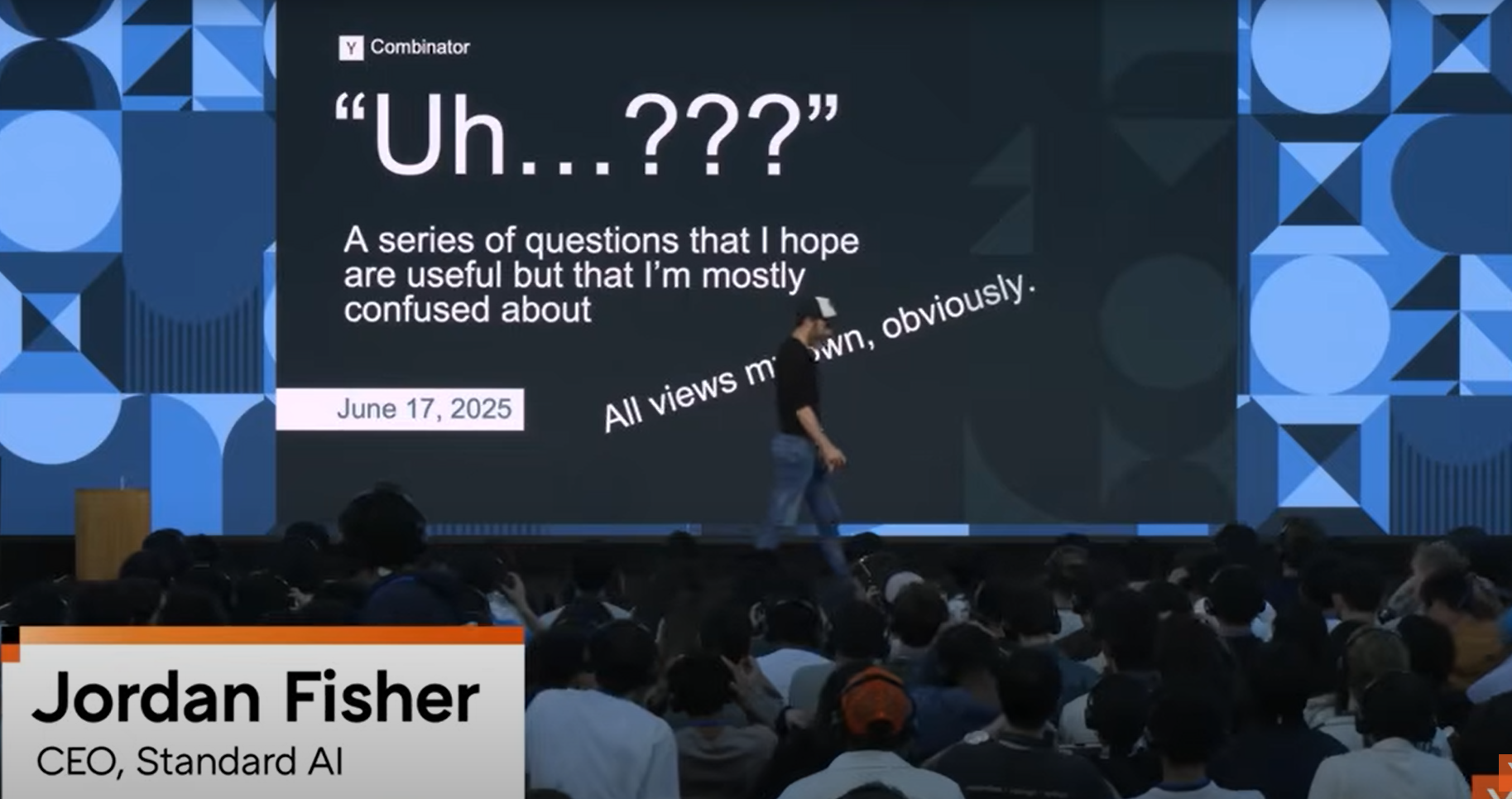













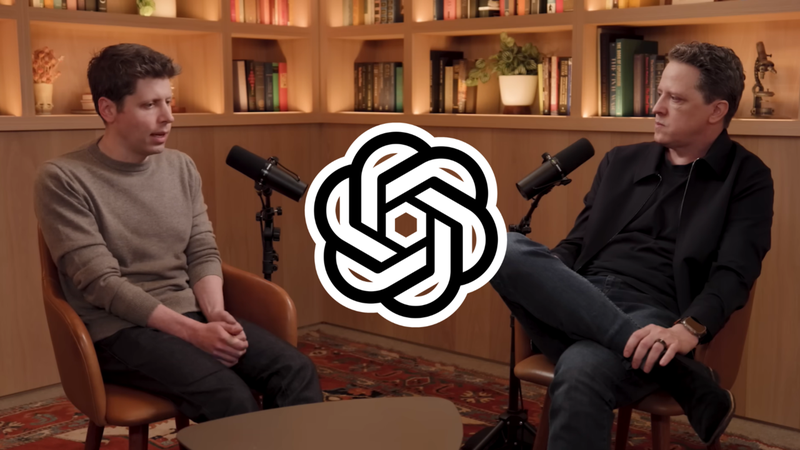





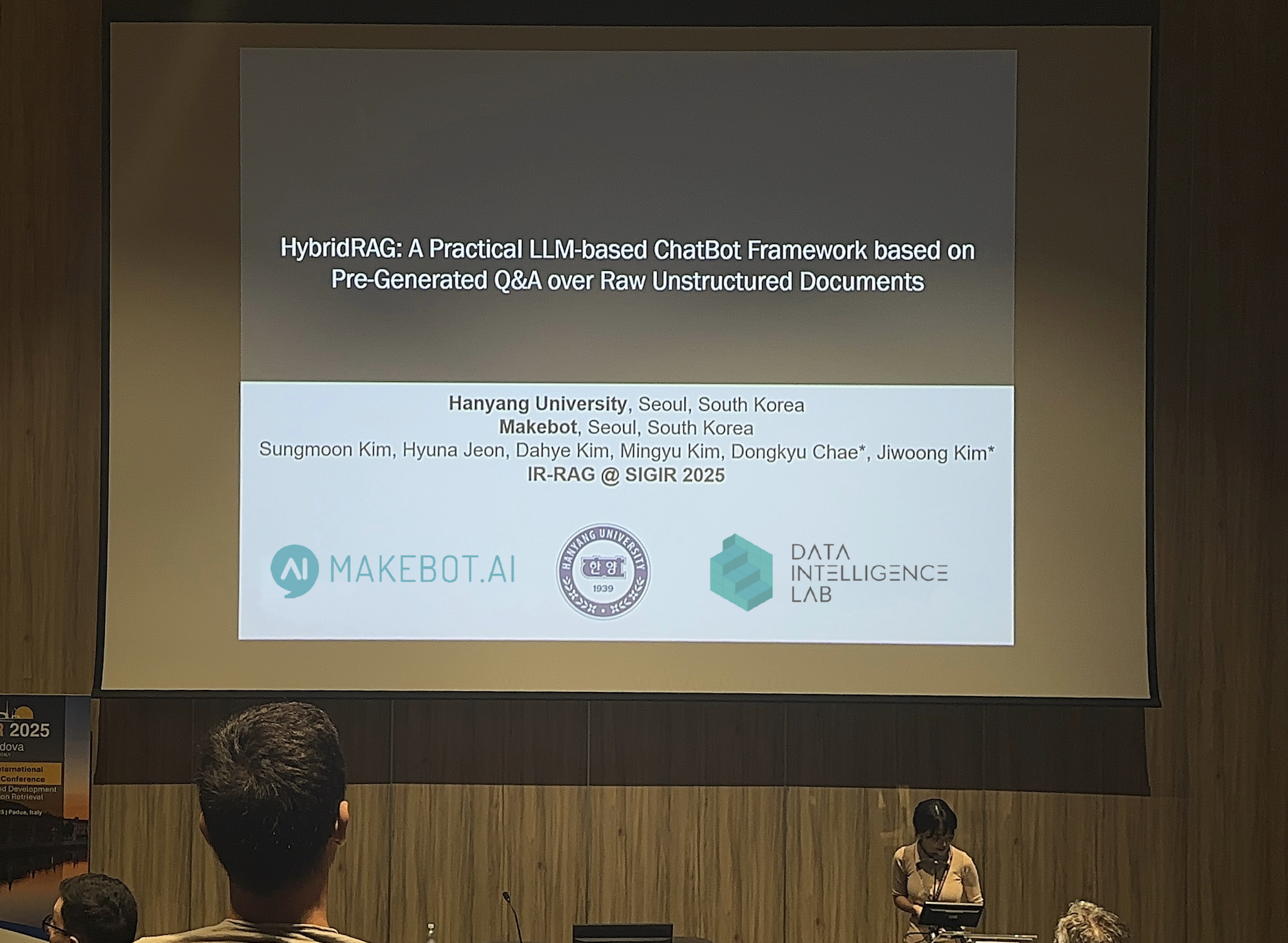









_2.png)


















.jpg)













